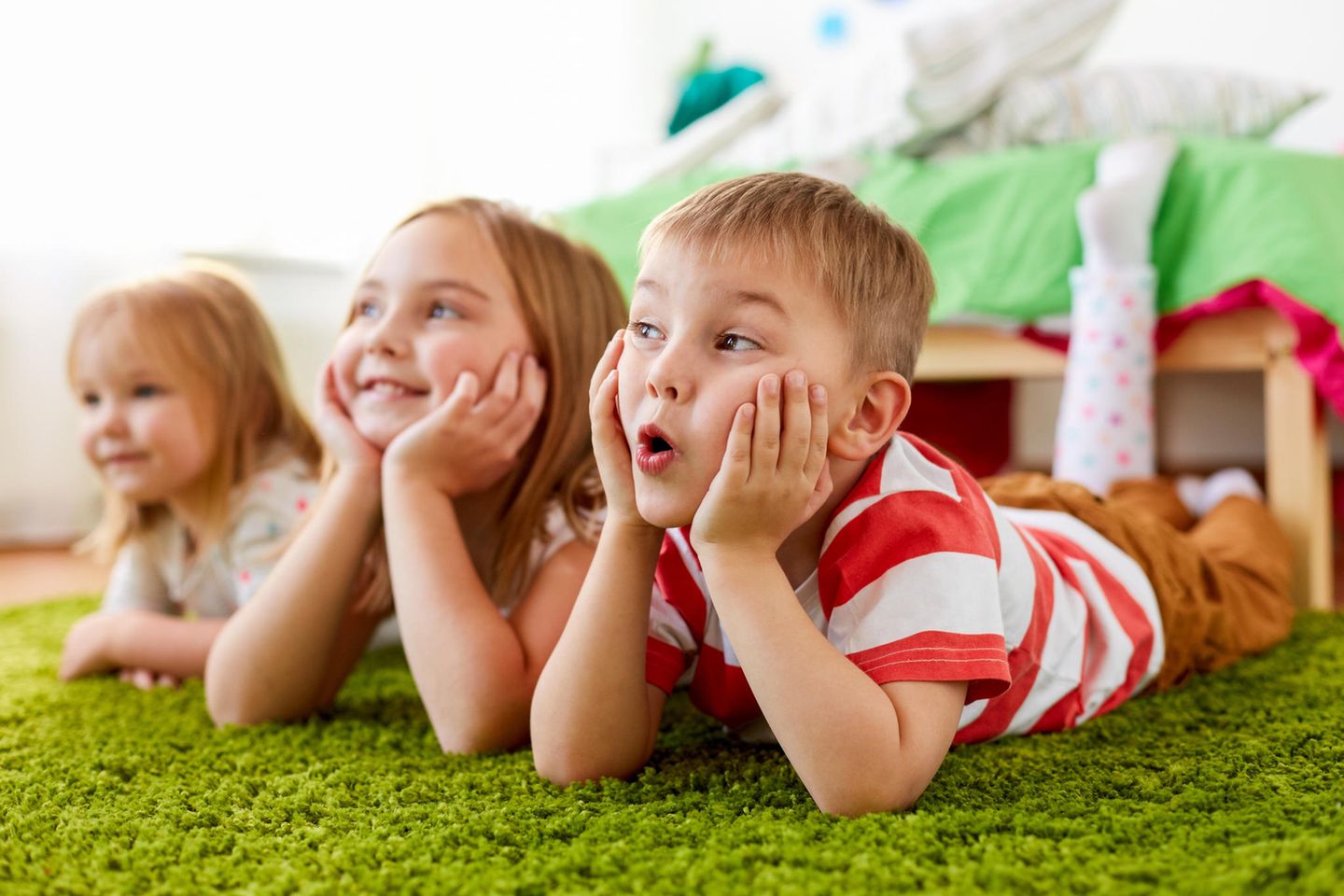psychology
This is how the sibling dynamic continues into adulthood
© Syda Productions / Adobe Stock
How we deal with other people as adults can also have something to do with the family constellation in childhood. More precisely: with your own siblings. We reveal what research knows so far about their influence.
Anyone who grew up with a brother, sister or several siblings definitely has stories to tell. We remember moments in which we felt particularly close to our siblings or when they annoyed the hell out of us – or perhaps we ourselves got on one of our siblings so much… that we ourselves had to bear the consequences a short time later. For example, in a heated argument or when we were told off by our parents… small moments that can stay with us for a long time.
The influence of siblings on each other
As researchers at Penn State University have shown, children often spend more time with their siblings outside of school than with their parents or friends. “Siblings are the longest-lasting relationships for most people – from early childhood to old age. This means they can understand us in ways that other people cannot.”says Susan McHale, professor of human development and family studies, to the American Psychological Association.
But what effect do these family ties have? Adult life and where do we experience it? Probably in more situations than we would think. However, this field is still very little researched, as more emphasis is usually placed on the influence of parents than on siblings. But there are already some interesting results.
What sibling bonds do in adult life
One study from 2019 showed that older adults felt more cordiality or “warmth” toward their siblings, as well as low levels of sibling conflict and parental favoritism. Sister pairs had the warmest sibling relationships with each other. In the sample of 608 adults, including 329 men and 279 women, they found a connection between sibling conflicts and parental favoritism with symptoms of depression, anxiety, hostility or loneliness.
A good sibling relationship, on the other hand, was associated with less loneliness – and better well-being. Because siblings learn from each other and influence each other in both positive and negative ways. When they are young, the realities of their lives are usually closer to one another, which is why they can often understand and support each other better than is the case with their parents. As siblings get older, close siblings can be an anchor for each other and provide each other with emotional support. According to study Sibling support was as effective as parent support, which led to, among other things, greater progress on goals and greater subjective well-being. However, it occurred much less frequently than parental support.
Hidden Sibling Dynamics: Where They Show Up
A formative relationship like that with siblings can creep into our behavior. Through siblings we learn how to approach an argument, where we cooperate, negotiate or try to keep up appearances. When we are adults, we sometimes draw on these experiences when a conflict arises.
Licensed US therapist Karen Gail Lewis writes in her book “Siblings in Therapy”: “Brothers and sisters greatly influence each other’s personality development, social adaptability, emotional vitality, family experience and life choices in love or work.” Unresolved conflicts with siblings in particular should ensure that we empathize with them in situations with other people and react accordingly. According to Lewis, the behavior of a work colleague can then remind us of a brother or sister and thus influence our behavior.
Sources used: psychologytoday.com, ncbi.nlm.nih.gov, wwnorton.com, apa.org
